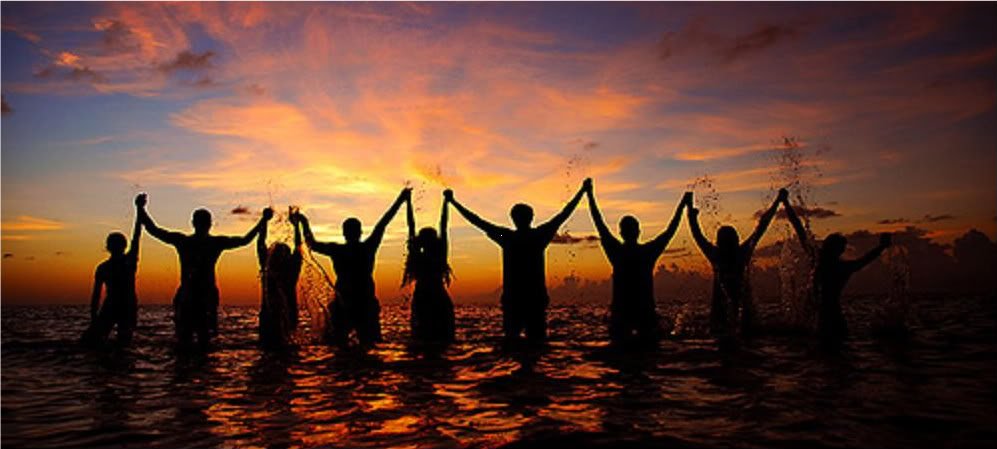
Relationships lie at the center of our human experience. When we engage in relationship with others we allow our vulnerable selves to be seen and we take on the weight of the selves of others. Although we all desire relationship, I think many of us also fear it. We wonder if someone else is really worth letting our full selves be seen, we wonder if we want the responsibility or maybe the burden of sharing the pain of someone we chose to be in relationship with. We recognize that real relationship takes risk and sometimes that risk seems a little too large. It is a fair evaluation, after all, the more relationships we have the more difficult it is to fully invest in any one of them, and similarly, the fewer relationships we have the more invested we can be. Obviously there are a range of relational experiences – from teammates to classmates to romantic relationships, to familial relationships to friends from camp or that you met at the beach one day, to work relationships, and the list goes on. Not every relationship is going to be deep and raw but some will be, and we all play different roles in different peoples’ lives. So the diversity of relationship is to be appreciated and creates a plethora of prototypes for how to engage with other humans.
As a Master’s student in Sport and Exercise Psychology I have found that what fascinates me the most is the impact of relationships on individual experiences within sport. In one of my classes, we were asked to create a mock case study and to propose an intervention as if we ourselves were the sport psychologist. The character I created was a Division-1 basketball coach at a major conference school that was in the last year of her contract and had a team that had not performed well under her leadership. In the process, the coach struggled to remain within herself as she felt isolated and unsupported and often lashed out at her staff and her players. Although the coach understood effective communication, the stressors in her situation led her to lash out against her better judgment. The case study is an exploration of problem and emotion focused coping strategies, social support, and development of emotional intelligence in order help the coach work on creating avenues to diffuse her stress and to feel supported within her role while also displaying appropriate and productive emotions that empowered her players to feel supported and stable as well. As I worked through the options for an intervention in this situation I was able to be both creative and to draw from other similar experiences and studies that supported effective practice; however, what I found at the root of all of the interventions was the need for relationship within this coach’s life. As she had isolated herself from her staff, she took on a much bigger load than she needed to and added stress that was unnecessary. Whenever she lashed out at a player she damaged the feelings of trust and support between her and that player that were necessary for a mutual trust and cooperation towards a common goal. The intervention centered around bettering not only relationships within sport but also by working to create a healthy environment outside of sport so that she could develop a self concept and love of self that was connected to more than just her ability to produce as a coach.
I am writing right now about a hypothetical case you all know nothing about but I guess my point here is that relationship is key to success or experience in any and every realm of life. When an issue is presented or you are struggling with something ask yourself if maybe its a result of a relational issue that needs mending. Ultimately I do not believe success alone can bring us happiness, but I think experience together brings both joy and the necessary support that we all need in order to get through and thrive in this thing called life. One person cannot carry their own burdens alone but together we can all shoulder the weight of each other’s burdens and in the process we can also experience collective joy.